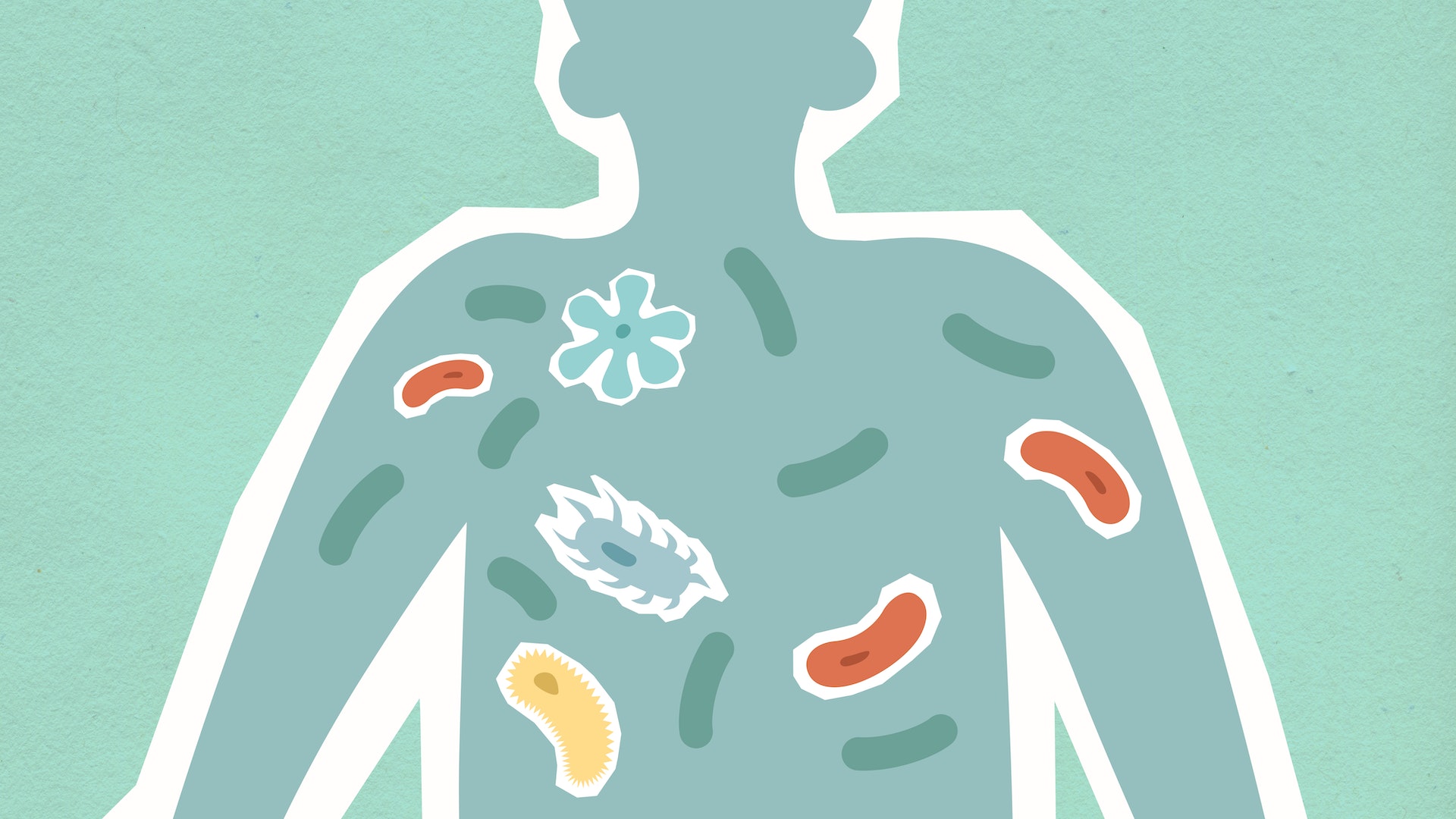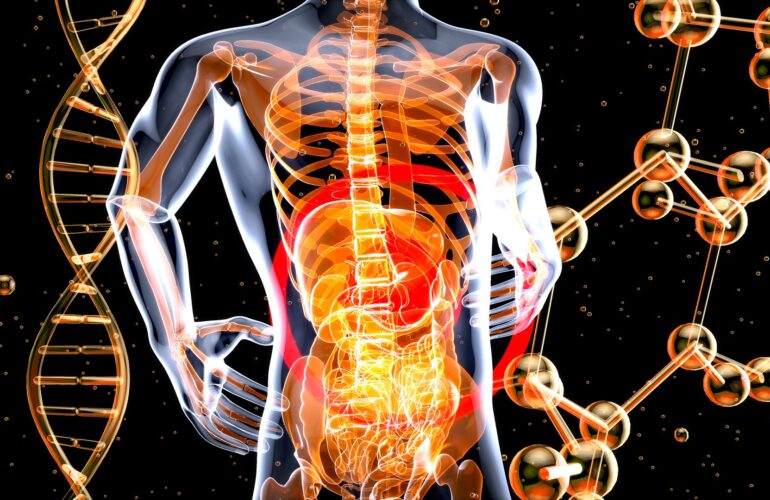Metabolic disorder a collective term used for a group of syndromes when the normal process of breaking down of food to its simpler component become disruptive. While some have it inherited since childhood, people can get affected by metabolic disorder at any age. A recent survey by WHO provides, that nearly 1-3% of children in all the countries suffer from metabolic disorders.

In metabolic disorder, the normal distribution of macronutrients like protein, fat and carbohydrates get affected, which happens because of abnormal chemical reactions in the body alter the normal metabolic process. People can witness to conditions because of metabolic disorder, first condition where very less energy is generated as the body cannot use the nutrients properly, the second condition where body produces too much of the energy and effects vital organs.
Symptoms of metabolic disorder
• Lethargy – Loss of energy, fatigue and laziness, muscle weakness, tiredness.
• Sudden weight loss or gain
• Jaundice
• Seizures and sometimes convulsions
• Diarrhea and vomiting
• Liver enlargement
• Stomach pain, reduced appetite, etc…
Causes of Metabolic Disorders
• Genetic – Often metabolic disorders are inherited because of genetic defects leading to erroneous synthesis and deficiency of enzymes.
• Infections – Acid-base imbalance, electrolyte imbalance, dehydration are the few observations because of infections caused by viral pathogens.
• Organ dysfunction – Metabolic disorders also occur when the liver or pancreas does not function properly. Other reason can be kidney failure.
• Hormonal imbalance: During pregnancy or menopause, we can observe hormonal imbalance, which can cause metabolic disorder.
• Medication – Overuse of certain drug can lead to this disorder. So consume prescribed medication in prescribed limit, etc…
• Diet – Unhealthy diet and lack of vitamins and minerals can lead to metabolic disorders. Start a healthy diet to avoid such disorders.

Types of Metabolic disorders
According to the National Center for Advancing Translational Sciences, there are over 500 types of Metabolic disorders, some of which are listed below:
• Diabetes
When medications or insulins regulate the blood glucose level of the body, we know the condition as diabetes.
• Hemochromatosis
This metabolic disorder affects the absorption of iron in the body and can cause excess iron in the liver or pancreas.
•Mitochondrial Disorders
When mitochondria cannot produce enough energy for the cells to function, that disorder is mitochondrial disorder. These are usually genetic and inherited from family.
• Gaucher’s disease
A result of genetic mutation, which limits the production of glucocerebrosidase. People who suffer from these diseases usually have access to the accumulation of fat in liver bone marrow or the spleen.
• Phenylketonuria (PKU)
Deficiency of an enzyme called phenylalanine hydroxylase ensure causes this disorder. Retardation, pregnancy complications, organ damage can result from this.
• Glucose-galactose Malabsorption (GGM)
Intolerance of glucose, lactose, galactose and surcose can be the symptoms of this disorder. When glucose and galactose I am not absorbed properly across the lining of the small intestine, this disease takes place, etc…
Tests required for diagnosis
While is the doctor will first ask about the symptoms and family history, the few basic tests which can help the diagnosis of metabolic disorders are,

• Fasting glucose
• Blood pressure
• Cholesterol count
• Blood test
• Sugar test
Treatment for metabolic disorder
The treatment will depend upon the type of metabolic disorder and the health condition of the person. The few treatment options available for inherited metabolic disorder are:

• Bone marrow transplant
• Physical therapy
• Enzyme replacement therapy
• Nutritional counselling
• Gene therapy
• Minerals supplementary
• Medications for diseases like diabetes
• Vitamin supplementation
• Surgery, if required.

Sometimes, metabolic disorders are complicated and life threatening. Search complications will include:
• Kidney failure
• Liver failure
• Dysfunctional organs
• Sezuires
• Coma
Reducing the risk of serious complications will require professional medical help and plan for any person.
Preventions for metabolic disorders
Even though the preventions are not specifically mentioned, some of them could really help.
• Regular exercises

• Genetic counselling
A person with a family history of ALD should take consultation before starting a family and can decide if they want to have a child or not.
• Regular check on blood sugar, blood pressure, and cholesterol level
• Avoidance of alcohol

• Consume healthy, clean and nutritious food items. Some of them could be vegetables, fruits and food grains.
• Maintenance of healthy diet and weight, etc…
To conclude, we can observe that metabolic disorders affect metabolism with various symptoms and complications. However, we prefer you to have counselling with professional if you observe any symptoms of the disorder and take precautions. Delay in consultation can worsen the situation.
Check other blogs on healthcare http://Intermittent Fasting – Dt Suman
Contact us : Contact Us – Dt Suman




